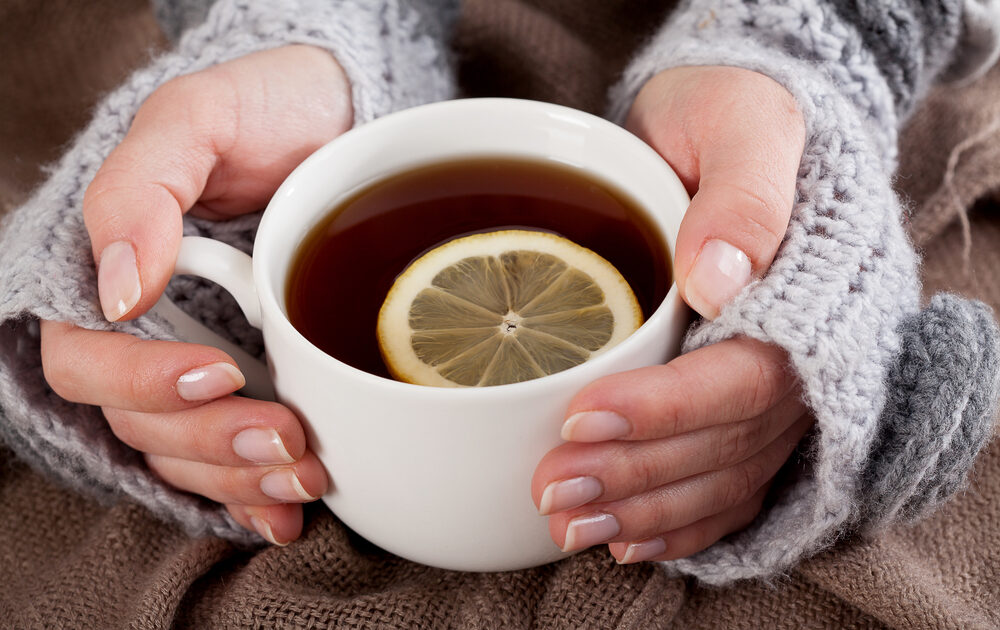This is What Happens to Your Body When You Take These Adaptogenic Herbs

Adaptogenic herbs are rising as the newest herbal trend among health enthusiasts, but they are anything but new in the realm of traditional herbal medicine – they’re proven effective, both through thousands of years of experience and scientific studies. The following 4 adaptogenic herbs are among the most popular out there and the first you should explore in your quest to chill out and improve both your physical and mental well-being. Enjoy!
Coined by Dr. Nikolai Lazarev in 1947, the term “adaptogen” encompasses a limited variety of safe and non-toxic plants that have long been used in Chinese and Ayurvedic medicine as natural healers. They’re known to rejuvenate and balance the nervous system, increase resilience to stress, and support the reaching of balance, or homeostasis, in the body. These criteria must all be met in order for plants to be qualified as adaptogenic herbs. Otherwise, they’re just herbs.
Physical and psychological stress results from a variety of lifestyle factors such as diet, sleep patterns, injury, environmental toxins, as well as negative emotional stimulants. Adaptogens play a role in reversing the adverse the effects of physical and mental stressors and ultimately bring the body back into a more balanced state. The way in which adaptogenic herbs succeed in doing this is not understood fully, but researchers say that they go about their ways by normalizing stress hormone production and all that comes with it including balancing blood sugar metabolism and the body’s energy levels.
Top-4 Adaptogenic Herbs
1. Rhodiola Rosea also known as Arctic root, grows in cold climates in high altitudes. It has long been used in both Scandinavian and Chinese medicine. It was used by the Vikings to boost physical and mental stamina. The herb has been linked to enhanced physical performance. In one study, it was revealed that rhodiola rosea reduces general fatigue under certain stressful conditions. Nature’s Way sells rhodiola rosea supplements (60 per bottle) for $15.99.
2. Ashwagandha literally means “smell of the horse,” but don’t run away just yet – the herb’s effects are far more favorable than its name suggests. Ashwagandha is better dubbed the “ginseng” of Ayurvedic medicine for its incredible benefits. It is said to provide the body with the strength and stamina of a horse and reduces stress and anxiety more effectively than other adaptogens. Ashwagandha has shown to decrease levels of the stress hormone cortisol by 44 percent as well as to reduce symptoms of depression and improve sleep patterns. Moon Juice concocts a 4.5-ounce ashwagandha powder that runs for $17.
3. American Ginseng
American ginseng is a perennial plant in the ivy family that originates in eastern North America; but is cultivated in places like China. It is a powerful adaptogen that shows a marked improvement in working memory, more so than Asian ginseng. A 1-month supply of it will cost about $20.
4. Maca
Grown in the Andes mountains of Peru, maca has been used as a food and medicine for 2,000 years. It is part of the broccoli family but contains 100-times more antioxidants than broccoli. Maca regulates hormones and boosts sexual stamina. Maca powder is widely available and makes a great add-in for smoothies! One pound of maca powder costs about $30.
7 Ways Stress Affects Your Body
Image of cup of ginseng tea via Shutterstock

